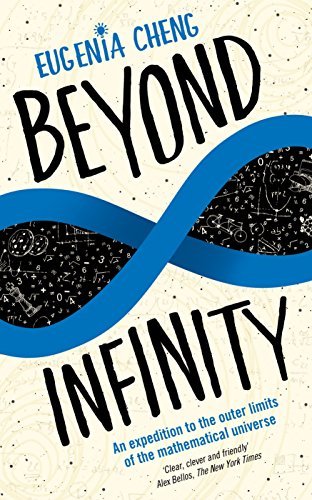What do you think?
Rate this book


304 pages, Paperback
First published March 9, 2017
Let’s assume the cookies are circular and perfectly even. I was once criticized in public for assuming this about scones, and accused of using factory-made scones. For the record, I do make my own scones, and I’m perfectly aware that nothing on earth is perfectly round and even, but it’s a good enough approximation for a math discussionI do not make my own scones. I cannot imagine feeling compelled to defend myself against the accusation of using factory-made scones, or even using the verb "accuse" in this context. Elsewhere she speaks of counting her shoes as an approach to visualizing infinity. She mentions with incredulity acquaintances who have "only" four pairs of shoes. I imagine that Cheng includes these personal asides in an attempt to make herself more relatable. The effect on me, however, is the opposite of that -- she feels like an incomprehensible alien, except when she's talking about mathematics, when she becomes human.